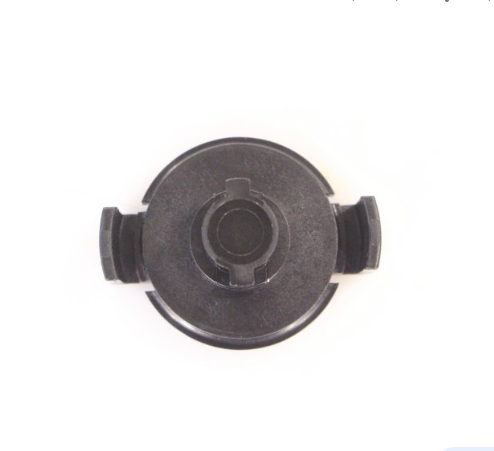Seal Solutions for Rotating Shafts to Enhance Performance and Longevity
Understanding Oil Seals for Rotating Shafts Key Components and Benefits
Oil seals, often referred to as rotary shaft seals or lip seals, are critical components in various mechanical systems. Designed primarily to prevent the leakage of lubricants and to keep contaminants out, these seals perform an essential role in maintaining the efficiency and longevity of rotating machinery. This article explores the functionality, types, advantages, and applications of oil seals for rotating shafts.
Functionality of Oil Seals
The primary function of an oil seal is to provide a dynamic sealing surface at the interface between a rotating shaft and its housing. This is achieved through a flexible lip that exerts pressure against the shaft, effectively closing the gap and preventing leakage. The seal maintains a fluid barrier while allowing for the rotational movement of the shaft. A properly installed oil seal not only prevents oil leaks but also safeguards against the ingress of dirt, moisture, and other contaminants, which could lead to mechanical failure or reduced efficiency.
Types of Oil Seals
There are several types of oil seals available on the market, each designed for specific applications and conditions. The most common types include
1. Single Lip Seals This type consists of a single sealing lip that contacts the shaft directly. They are typically used in applications where the risk of contamination is low.
2. Double Lip Seals Featuring two sealing lips, these provide enhanced protection against both lubricant leakage and external contaminants. They are ideal for more demanding environments, such as those found in heavy machinery.
3. Spring-Aided Seals Many oil seals include a spring to maintain contact pressure against the shaft. This is particularly useful in applications with irregular shafts or where high speeds and pressures are present.
4. PTFE Seals Made from polytetrafluoroethylene, these seals offer excellent chemical resistance and are used in applications involving harsh environments and aggressive fluids.
Advantages of Using Oil Seals
The benefits of using oil seals for rotating shafts are numerous
oil seal for rotating shaft

- Leak Prevention Oil seals effectively minimize lubricant loss, which is crucial for the effective operation of machinery. This leads to reduced maintenance costs and increased equipment lifespan.
- Contaminant Exclusion By preventing dirt and moisture from entering the machinery, oil seals help maintain internal cleanliness, which in turn enhances performance and reliability.
- Energy Efficiency A well-functioning oil seal reduces friction losses, optimizing the operation of rotating shafts and improving the overall energy efficiency of the machine.
- Protection Against Wear and Tear By keeping lubricants in and contaminants out, oil seals reduce the wear on bearings and other internal components, ultimately enhancing the durability of the equipment.
Applications of Oil Seals
Oil seals are widely used across various industries. Common applications include
- Automotive In engines, transmissions, and differentials to prevent oil leaks and protect sensitive components.
- Industrial Machinery In motors, pumps, and gearboxes to maintain lubrication and prevent contamination.
- Aerospace and Aviation In hydraulic systems and engines where precise sealing is required to withstand extreme conditions.
- Marine Applications To ensure the reliability of propulsion systems and prevent water intrusion in critical areas.
Conclusion
In conclusion, oil seals for rotating shafts are essential components that play a vital role in the effectiveness and longevity of mechanical systems. Their ability to prevent oil leaks and protect against external contaminants makes them indispensable in a wide range of applications. Understanding the types and functions of oil seals can help manufacturers and maintenance professionals choose the right solutions for their specific needs, ultimately ensuring optimal performance and reliability in their operations.
-
Understanding the Importance of the Crankshaft Oil Seal in Engine Performance
News Jun.16,2025
-
The Unsung Heroes of Engine Protection: Understanding Automotive Shaft Seals and Oil Seals
News Jun.16,2025
-
Keeping the Engine Tight: The Role of Crankshaft Seals and Gaskets in Oil Control
News Jun.16,2025
-
Complete Protection in Harsh Conditions: A Deep Dive into Cassette Seals
News Jun.16,2025
-
Choosing the Right Oil Seal: A Guide to Trusted Brands and Suppliers
News Jun.16,2025
-
Advanced Sealing Technologies: Exploring the Range of Modern Oil Seals
News Jun.16,2025
-
Your Essential Guide to Car Repair Kits: From Rust to Dings
News Jun.13,2025
Products categories















